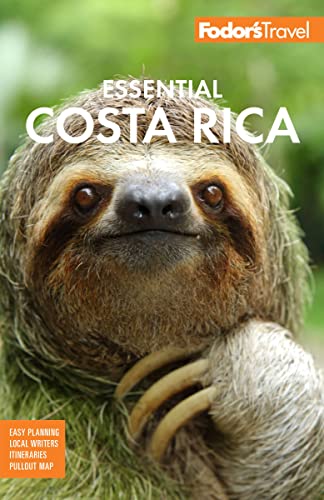The People of Costa Rica
Unlike many of its neighbors, Costa Rica never had a dominant indigenous population. When Christopher Columbus arrived in the early 16th century, he didn't encounter empires like those in present-day Mexico and Peru. Instead, a small contingent of indigenous Caribs rowed out in canoes to meet his ship. The heavy gold bands the indigenous peoples wore led to Columbus mistakenly calling the land Costa Rica, or "Rich Coast."
On the mainland, the Spanish encountered disparate peoples like the Chorotega, Bribri, Cabécar, and Boruca peoples. Archaeological evidence shows that they had lived in the region for thousands of years. But that would change with breathtaking speed. European diseases felled many of their members, and the brutality of slavery imposed by the colonial power drove most of those remaining into the mountains.
Some of these peoples still exist, although in relatively small communities. Several thousand Bribri, Kekoldi, and other peoples live in villages scattered around Talamanca, a mountainous region close to the border of Panama. Although many traditions have been lost over the years, some have managed to retain their own languages and religions. If you're interested in seeing the local culture, tour companies in the coastal communities of Limón and Puerto Viejo de Talamanca can arrange visits to these villages.
That isn't to say that there's no local culture. More than 90% of the country's residents are descendants of the Spanish. But few people express any pride in their Spanish heritage. Perhaps that is because Spain had little interest in Costa Rica, the smallest and poorest of its Central American colonies. Instead, the people here created a unique culture that mixes parts of Europe, Latin America, and the Caribbean. There's a strong emphasis on education, and the 97% literacy rate is by far the highest in the region. There's a laid-back attitude toward life, typified by the common greeting of pura vida, which translates literally as "pure life" but means something between "no worries" and "don't sweat the small stuff."
It sounds like a cliché, but Costa Ricans are an incredibly welcoming people. Anyone who has visited other Central American countries will be surprised at how Ticos seem genuinely happy to greet newcomers. If you ever find yourself lost in a town or village, you may find locals willing to not only point you in the right direction but walk you all the way to your destination. A trip to Costa Rica will supply you with memories of beaches, nature, and adventure, but we wager you'll also remember the friendly people here.




